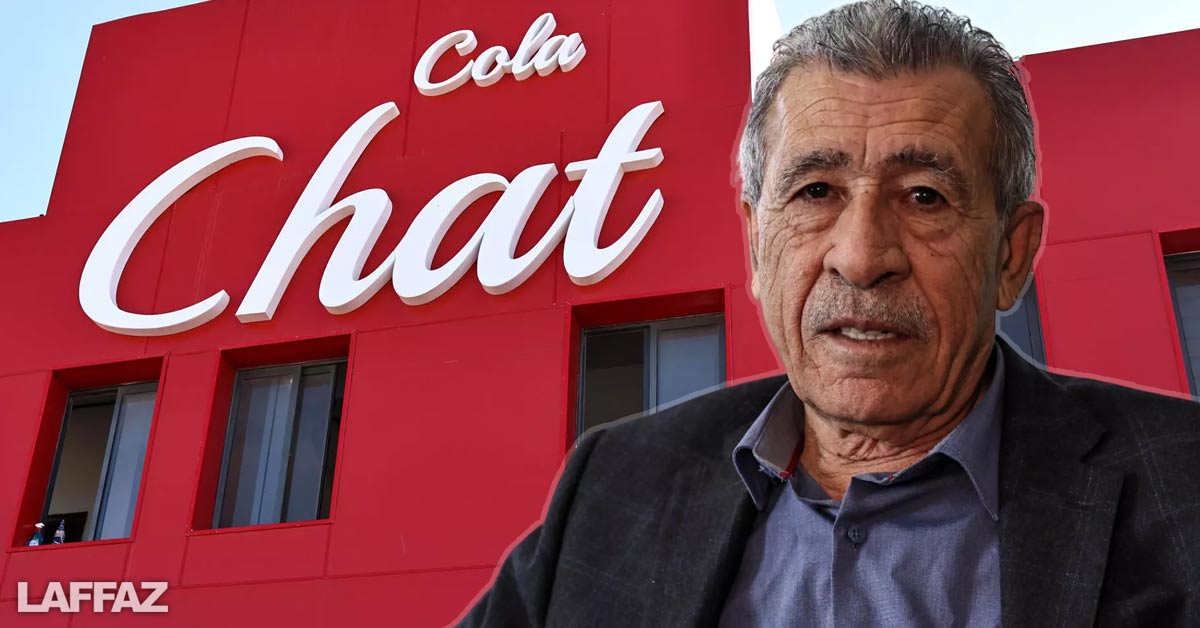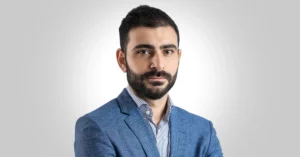Chat Cola, manufactured in the town of Salfit, West Bank, Palestine, has emerged as a symbol of Palestinian resilience, gaining popularity as Palestinians increasingly shift away from foreign brands, especially those associated with Israel or the United States.
Packaged in red and white aluminum cans reminiscent of Coca-Cola’s iconic design, Chat Cola appeals to Palestinians seeking alternatives to foreign brands for their alleged support to Israel.
This marks the second attempt in the Middle East to challenge American beverage giants, following Sweden-based brand “Palestine Drinks” as the first to make such a move amid the boycott. Based in Malmo, Sweden, the company is operated under Safad Food AB and was founded by three Palestinian brothers.
“The demand for (Chat Cola) increased since the war began because of the boycott,” said Fahed Arar, owner of Chat Cola to AFP in Salfit. “The national boycott movement has had a big impact,”
Mahmud Sidr, a supermarket manager in Ramallah, noted a shift in consumer preferences, saying, “We’ve seen an increase in sales of Arab and Palestinian products that don’t support Israel.”
A manager from the National Beverage Company, the Palestinian firm responsible for bottling Coca-Cola locally, told AFP that while they had not observed a significant withdrawal of their products from stores, there has been a decline of up to 80 percent in sales to foreign-branded chains.
“There’s a willingness to boycott if the Palestinian producers can produce equivalently good quality and price,” said the head of the Palestine Economic Policy Research Institute, Raja Khalidi to AFP
Khalidi said the desire for Palestinian substitutes has grown sharply since the war in Gaza began, but it is hindered by “an issue of production capacity which we lack.”
“There has never been the political support for buying local that there is now, so it’s a good moment for other entrepreneurs to start up,” Khalidi added
According to reports, the boycott campaign has been more successful in neighboring Arab states that are less reliant on Israeli goods. In Jordan, the franchisee of French retail giant Carrefour, Dubai-based conglomerate Majid Al Futtaim Group, announced it was shutting down all its operations after activists called for a boycott.
After opening a factory in 2019, Arar plans to establish a new facility in Jordan to meet international demand and avoid the challenges of operating in the occupied West Bank.
Although the plant continues to produce thousands of cans of Chat, one production line has been shut down for over a month. Arar explained that Israeli authorities have held up a large shipment of raw materials at the Jordanian border, disrupting production. He added that he is currently able to meet only 10 to 15 percent of demand for his product.
In India, Coca-Cola and Pepsi are also feeling the impact of boycotts, with regional brands like Reliance Industries’ Campa Cola and DS Group’s Catch Cola benefiting from offering similar quality at lower prices.





